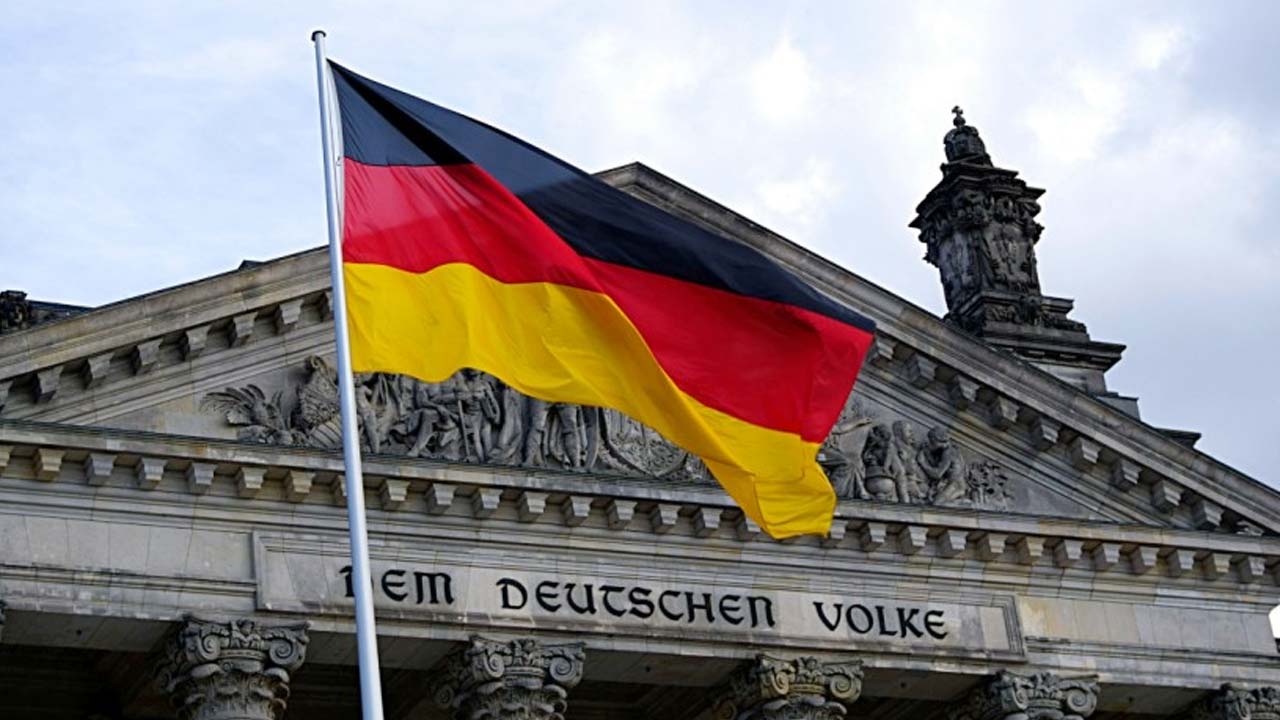
Germany plans to increase the issuance of professional visas by over 10% in 2024, following the relaxation of immigration rules aimed at addressing severe labor shortages, the government announced on November 17.
With 1.34 million job vacancies, last year’s measures to liberalize immigration policies for skilled workers are expected to mitigate the workforce gap in Europe’s largest economy, which has faced slowed growth in recent years.
The adoption of a Canada-inspired points-based immigration system will enable the issuance of 200,000 professional visas in 2024, according to a government statement.
Key developments include a 20% rise in third-country student visas, a doubling of apprenticeship visas, and a nearly 50% increase in the recognition of foreign qualifications.
Interior Minister Nancy Faeser stated, “Our priority is to attract the skilled professionals that our economy has been in dire need of for years.
The revamped points system simplifies entry for non-EU nationals into Germany’s labor market, with the possibility of bringing family members. Points are awarded based on factors such as German language skills, professional experience, and age.
Germany faces a yearly shortfall of 400,000 workers, driven by its aging population, with critical gaps in sectors like healthcare, services, and technology. While Foreign Minister Annalena Baerbock acknowledged the need for further reforms, she highlighted the urgency of addressing these shortages.
Despite the benefits of immigration, the issue remains polarizing in Germany. The far-right aims to capitalize on the topic in upcoming legislative elections, especially after the recent collapse of the three-party coalition government.
Germany’s workforce has grown by 1.6 million over the past five years, with 89% of these roles filled by foreigners. Without this contribution, employment levels in 2023 would have declined.





















